- 4540
- 0
Sharing Ideas and Updates on LPG in Nigeria and related information to enable effective collaboration within the LPG Value Chain
Cooking Gas In August, 2024 Increases By 14.37%

The August survey conducted across various states and cities in Nigeria provided valuable insights into the retail prices of LPG (cooking gas) nationwide via X, Facebook, and our WhatsApp platforms. The latest data on retail prices for Liquefied Petroleum Gas (LPG) across various cities in Nigeria for August 2024 shows a notable increase in prices.
In August 2024, the average price of a 12.5 kg cylinder of Liquefied Petroleum Gas (LPG) across major Nigerian cities reached ₦16,338.24. This marked a significant rise compared to the average price of ₦14,287 in July 2024. This increase highlights the continued upward trend in LPG prices, reflecting the broader economic pressures in the country. Below is a breakdown of this increase and its implications. This 14.37% increase in LPG prices from July to August 2024 is significant, considering the financial strain it places on households and businesses relying on gas for cooking and other activities.
City-by-City LPG Price Analysis
The retail prices for a 12.5 kg cylinder of LPG vary significantly across cities, as shown below:
Ijebu Ode, Port Harcourt, Ojo (Lagos State), and Abuja experienced some of the highest prices at ₦18,750 per 12.5 kg, with a cost per kilogram of ₦1,500.
On the other hand, Akwa Ibom reported the lowest price at ₦12,500 per 12.5 kg, translating to ₦1,000 per kilogram.
Cities such as Enugu and Ibadan had moderate pricing, hovering around ₦15,000 to ₦15,625, with per kilogram costs between ₦1,200 and ₦1,250.
Regional Price Differences
There is a noticeable disparity in LPG prices across different states and regions:
South-West Nigeria, particularly Lagos and Ogun states, shows a broad range of prices, with Lagos Island seeing ₦17,500 per 12.5 kg, while Ijebu East and Ijebu Ode report prices of ₦14,625 and ₦18,750 respectively.
Northern Nigeria, represented by Bauchi, had a relatively high price of ₦17,500 for 12.5 kg, which is ₦1,400 per kg.
South-South and South-East regions, including Akwa Ibom and Calabar, maintained lower prices, with Akwa Ibom at ₦12,500, the lowest in the country.
These regional differences can be attributed to factors like transportation costs, availability of gas supply infrastructure, and market dynamics in various states.
Factors Driving the Increase
The 14.37% increase in LPG prices from July to August is driven by several key factors:
Exchange Rate Fluctuations: As Nigeria relies on imports for a significant portion of its LPG supply, the naira's value against the dollar plays a critical role. The continued depreciation of the naira in the international forex market has pushed up the cost of importing LPG.
Logistics and Distribution Costs: Rising transportation costs, driven by the fuel price hikes and overall inflation, have impacted the cost of delivering LPG to consumers across Nigeria.
Supply Constraints: Limited local production and bottlenecks in gas supply chains have contributed to price volatility, with import dependency increasing the sensitivity of LPG prices to global market trends.
Conclusion
The substantial rise in LPG prices in August 2024 is a cause for concern, as it puts additional financial pressure on households and businesses. The average increase of 14.37% from July underscores the need for concerted efforts to stabilize gas prices through increased local production, better infrastructure, and policy interventions.
For consumers, this upward trend highlights the importance of budgeting for higher cooking gas costs, especially as further fluctuations are possible in the coming months. Addressing the underlying factors, including exchange rates and infrastructure challenges, is critical for ensuring that LPG remains accessible to Nigerians at affordable rates.





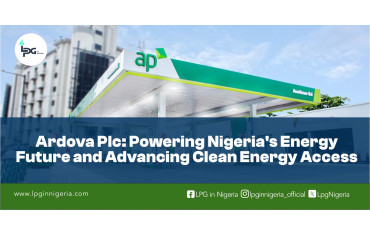
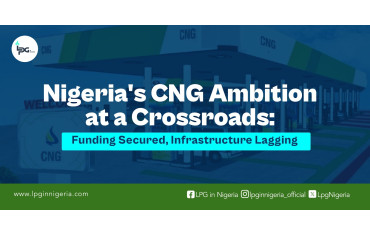
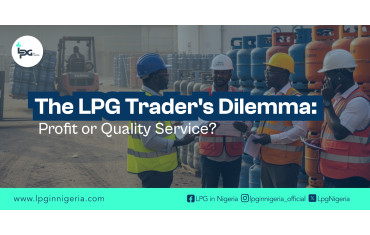

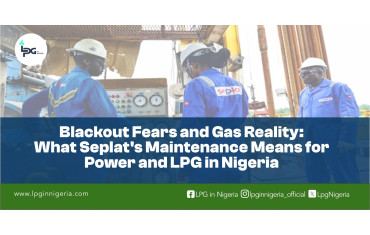
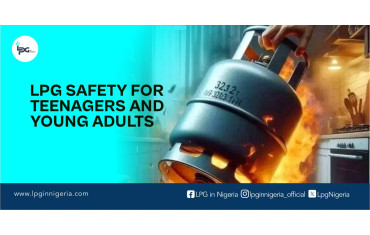





0 Comment.